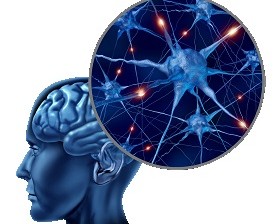Tag Archives: understanding
25 Aug Learning from Brain Disorders
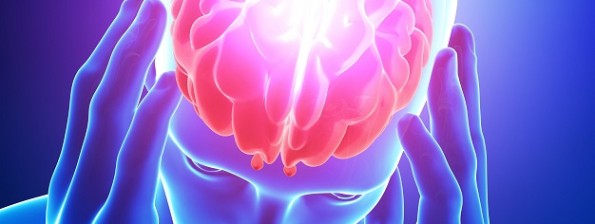
Serotonin Imbalance I am possessed of an orderly disorder. My “Obsessive-Compulsive Disorder” (OCD) compels me to make sure everything is lined up nicely. Do good managers benefit from a little OCD? Today’s post is about what we can learn about the brain from observing what happens when something isn’t exactly right. Collette Bouchez, on WebMD, tells us […]
20 Apr Digital Presence and Immortality

Immortality? I’ve heard it said that a person was “immortalized” in such and such a painting, sculpture or poem. Unless you pack the burial with all the images of a person, the fact that those images outlast the decaying body may be a form of immortality. Are authors immortal? I’m rereading All’s Well, and I […]
19 Mar Neural Networks – Section 3 Intro

It’s all in your head My posts on Brains and Neurons show us there is a sense of structure and order in the brain. By looking at the brain’s areas, we see how each plays a special role in processing the information necessary to support human cognition and other activities. We’ve looked at neurons and learned that each type has its own components, […]
16 Mar Neurons – Section 2 Intro
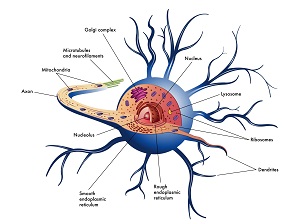
Neurons: Processing Elements or Storage Cells? In the Brains section of this blog, we examine the brain, its areas, and the types of neurons that populate the different layers of some of the brain’s areas. My posts in this segment will turn up the magnification and look a little deeper. What can be seen inside the cells? What is it that […]
10 Mar Biological Brains – Section 1 Intro
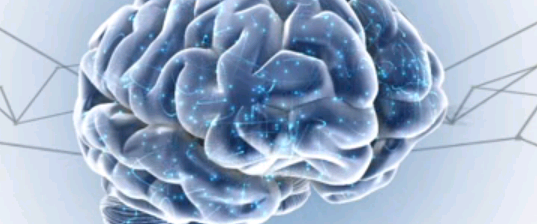
In this segment of the Understanding Context Blog, I will take a high level look at the brain: Its areas, Cell types, And functions. I’ll also explore where the brain stores and processes different types of information, including emotions. Studying the human brain is an important part of this analysis, because biological brains clearly outperform man-made information […]
06 Mar Correlation in Neuroeconomics
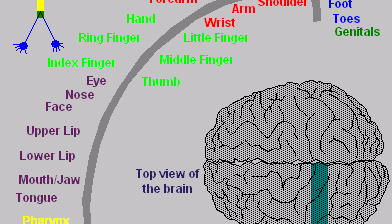
I find that driving when my body is tense, especially on slick roads or in poor visibility, is uncomfortable to the point of danger. Stress is a killer. I found, as a student, that relaxing at the piano just before going in to the test helped me perform better (on the test). I think many […]






